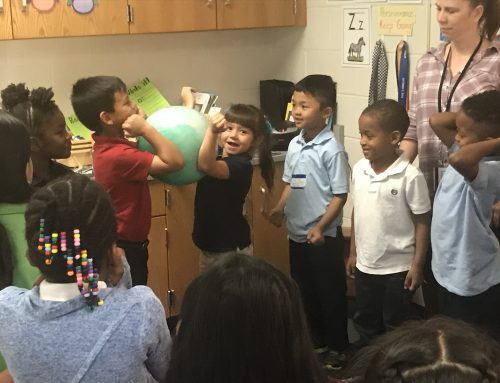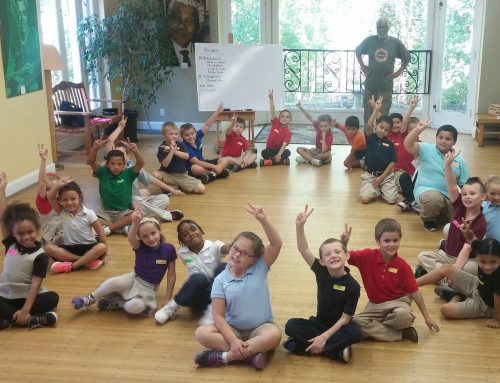Hello again from guest blogger, Lisa Robinson! This post is a continuation from last week, and we’ll be exploring how to improve our abilities in the Social and Emotional Learning (SEL) competencies as characterized by CASEL at www.casel.org . In this post, we’ll cover Social Awareness, Relationship Skills, and Responsible Decision-Making.
This discussion will focus on how adults (teachers, parents, others) can improve their own SEL competencies. It’s important for us to begin by understanding the level of our own competencies, and take intentional action to make improvements. We can use this personal experience to most effectively support children and adults who could benefit from enhancing their SEL competency.
Social Awareness
In this competency, you can understand the perspective of others and empathize with them, even when they are different from you. You can apply this to get along with others and encourage mutual collaboration.
Improvement in this competency starts with demonstrating a genuine interest in others. Pay careful attention to other people’s facial expressions, body language, and tone of voice. Can you connect what you observe to how others are feeling? Observation is a great place to start improving in this competency. Although this is not second nature for everyone, it can be learned. You may find it very helpful to ask someone you know well and trust to provide you with feedback. Observe the other person and then share the emotions you think that their behavior is communicating. Practice over time will help you to improve this awareness.
Relationship Skills
This is about the ability to establish and maintain healthy and rewarding relationships with individuals and groups. If you do this well, you manage differences and conflict to find the best outcomes.
To improve in this competency, it can be helpful to observe how socially comfortable people engage others. Find ways to practice what you observe. The intention is not for you to mimic another person’s effective social behavior, but to act in ways that are natural for you that help you to engage others. Look for common ground and build on that. If the conversation diminishes, ask a follow-up question that will help you learn more. After a social situation you attend with a spouse or close friend, it may be helpful for you to ask that other person for feedback about the positive steps you took. Then, reflect on how you might build on those positive steps going forward.
Responsible Decision-Making
This is the ability to make constructive and respectful choices about personal behavior and social interactions. It has to do with being able to recognize your emotional triggers and apply this awareness to think before you act.
To improve in this competency, identify times when you tend to act impulsively. How might you increase your awareness in the moment? You want to remind yourself to act with intention instead of just reacting. Sometimes “buying some time” and delaying your response is a great strategy. This can give you time to consider the best thing to do next.
Improving your SEL competencies is a process, and it’s important to be patient with yourself. Continuing to work on increasing your awareness and taking appropriate action can bring benefits that are worth your effort. If something doesn’t go as well as you’d like, each new day presents an opportunity for you to make a different and better choice.
If you have any feedback or questions, please either comment here or email me directly at mindfulpath@outlook.com .
In my next post, I’ll begin sharing my experience learning from the book, “Mindfulness: An Eight-Week Plan for Finding Peace in a Frantic World” by Mark Williams and Danny Penman. If you’d like to use the book to follow along, you can either borrow a copy from your library or purchase one.
Have a mindful week!


